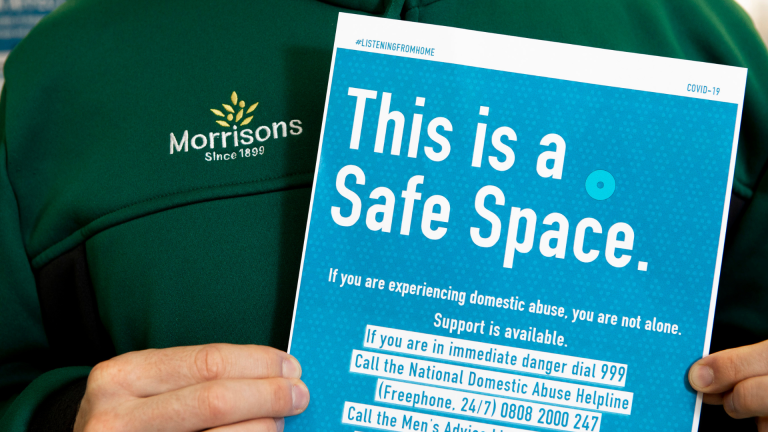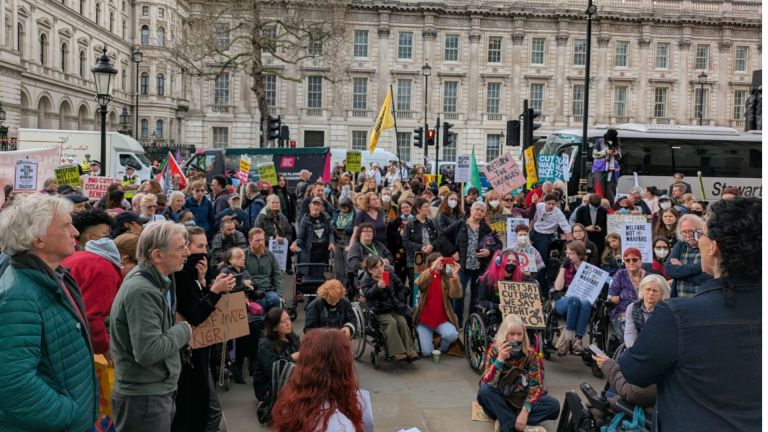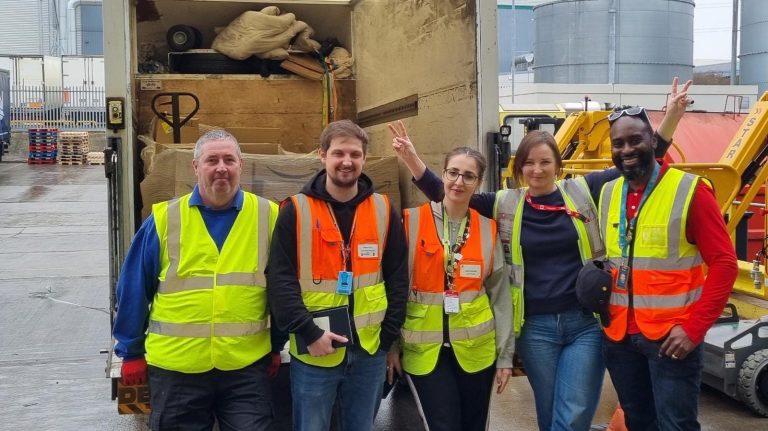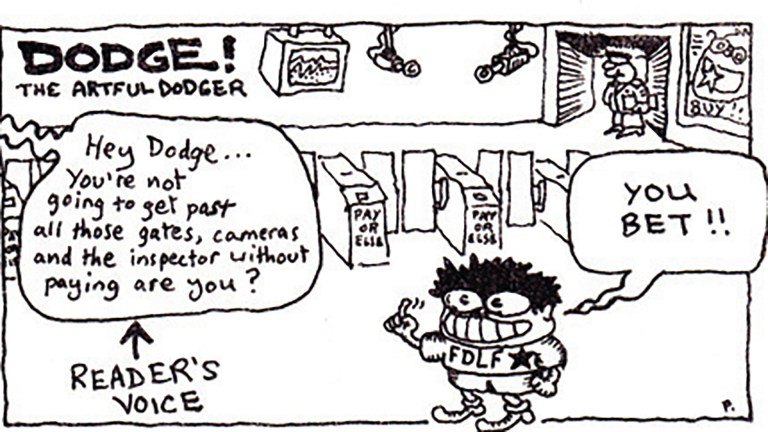The Bristol Cable
Fake news, clickbait, reactionism combined with the decline of print media, especially the squeezing of local papers, has meant those who used to hold the powerful to account are no longer there to investigate and shout about injustice and corruption. Algorithmically-curated news bubbles created by social media can make it difficult to know what information we can trust.
This has led to a rise in collaborative journalism working with alternative funding methods. The Bristol Cable is a grassroots, community-led media cooperative owned and operated by 2,000 ‘members’ who contribute on a subscription basis, a model touted as the future model of local journalism. “We all decide how it’s run,” the Cable reports. “Our one-member, one-vote policy means all members have an equal say on decisions. No barons, no billionaires. Just 2,000 (and counting!) Bristolians.”
The Bureau of Investigative Journalism
This is a non-profit, non-partisan organisation aiming to uphold the noble tradition of investigative journalism. It made a splash last year working with organisations, including The Big Issue, on a project to record and document the deaths of homeless people on the streets of the UK – not only counting the numbers but telling their stories. This work even prompted a change in government policy.
In 2017, it set up the Bureau Local, which like The Bristol Cable appreciates the vital role of local media. “We want to find and tell the stories that matter in local communities and hold power to account,” said Megan Lucero, Director of TBIJ and the Bureau Local. “We have teachers, lawyers, designers, as well as journalists – people with all kinds of expertise and knowledge participating in committing what we call acts of journalism.”










